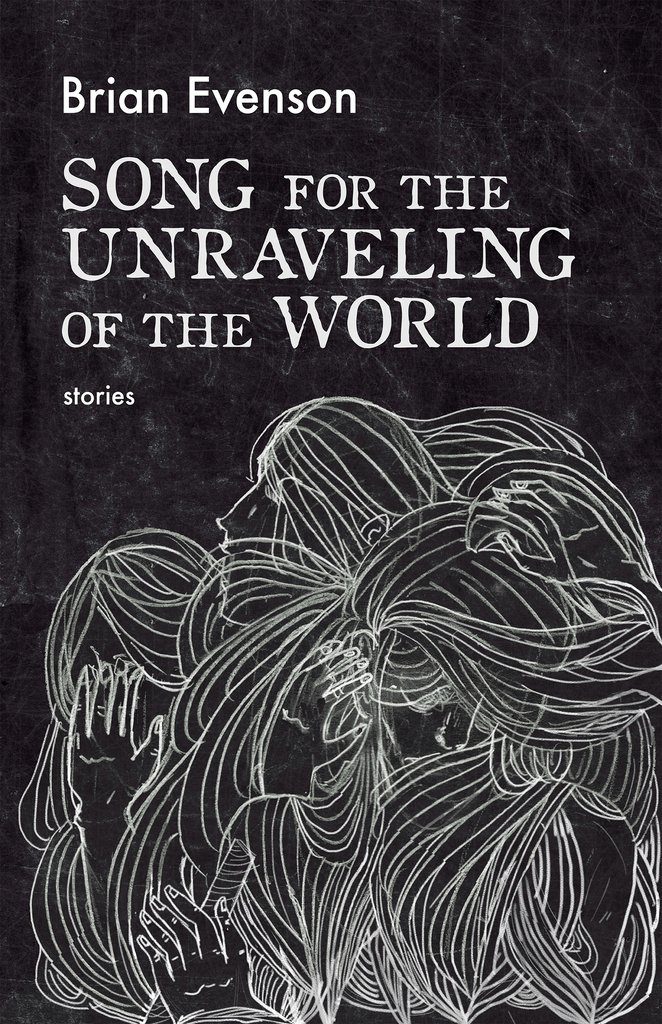
When it comes to literary techniques, pastiche can be one of the most subtly volatile out there. Most of the time when it’s utilized, it’s effectively invisible — effectively cloaking an author’s work in the voice of another. When it’s done badly, it can be utterly unbearable; I’ve still never been able to make it through the segment of The League of Extraordinary Gentlemen: Black Dossier in which Alan Moore channels Jack Kerouac. There’s something about Cthulthu mythos stories that brings pastiche to the foreground — there’s a Lovecraftian Wodehouse pastiche in the aforementioned Black Dossier, for instance, and it’s far from the only one.







